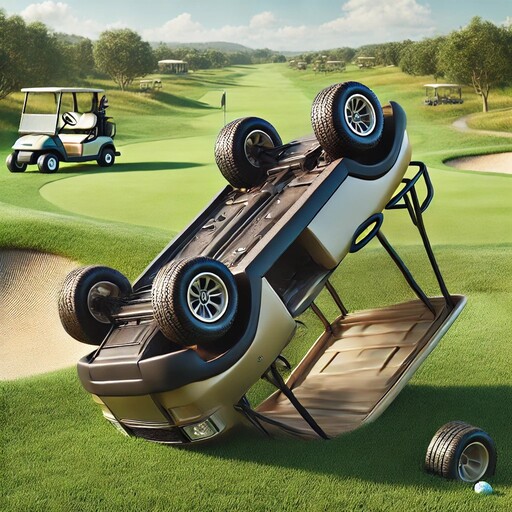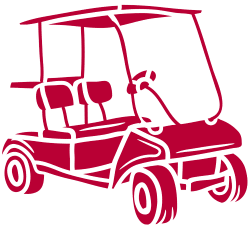Holiday Safety: Golf Cart Use at Parades and Festive Events
The festive season often brings parades and community events where golf carts are a popular mode of transport. While they add convenience and fun, it’s essential to prioritize safety.
Tips for Using Golf Carts During Holiday Events
- Decorate Safely: Ensure decorations don’t obstruct the driver’s view or create hazards for passengers.
- Keep Speeds Low: Maintain a slow and steady speed, especially in crowded areas.
- Designate a Sober Driver: If alcohol is part of the festivities, assign a sober driver to operate the cart.
- Use Lights: Equip your golf cart with proper lighting for evening or nighttime events.
- Secure Passengers: Ensure all passengers are seated and avoid standing or hanging off the cart.
Common Holiday Risks
- Overcrowding: Festive events often lead to congested pathways and increased accident risks.
- Visibility Issues: Nighttime events or elaborate decorations can reduce visibility.
- Weather Hazards: Snow, ice, or rain can make operating a golf cart more challenging.
By following these holiday safety tips, you can enjoy festive events without compromising the well-being of yourself or others. A little preparation goes a long way in ensuring a safe and joyful holiday season.




 Contact Us
Contact Us